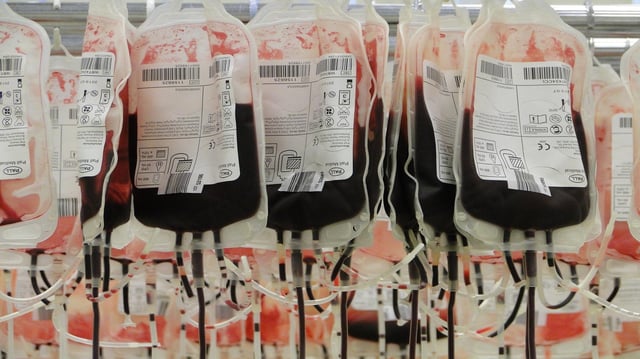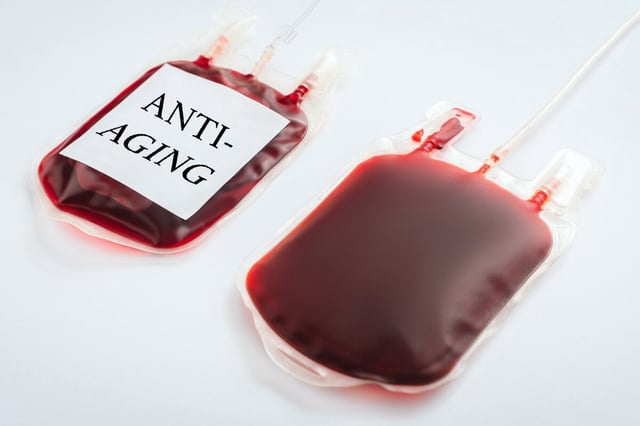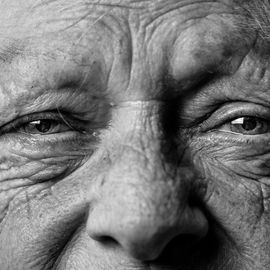Overview
- The organ-on-a-chip platform combined 3D human skin and bone marrow models and circulated young and old human serum through the co-culture.
- Skin rejuvenation indicators—including increased cell proliferation, reduced biological age markers, improved mitochondrial function, and elevated collagen production—emerged only when bone marrow cells were present.
- Proteomic analysis identified 55 proteins secreted by bone marrow cells in response to young serum and functionally validated seven factors with direct anti-aging effects on human skin cells.
- Experiments were conducted over three to five weeks with added growth factors in the bone marrow models, leading authors to caution that long-term outcomes and applicability to whole humans remain untested.
- Study authors suggest these bone marrow-derived proteins could serve as candidate biomarkers or therapeutic ingredients for topical or injectable anti-aging treatments pending further in vivo validation and safety assessment.


